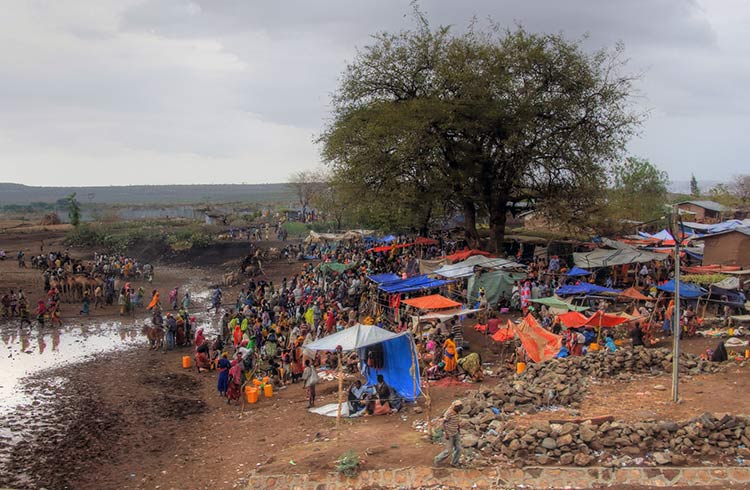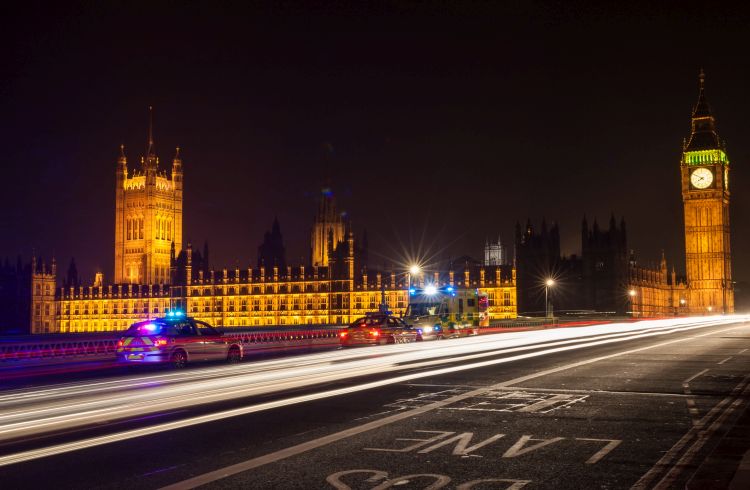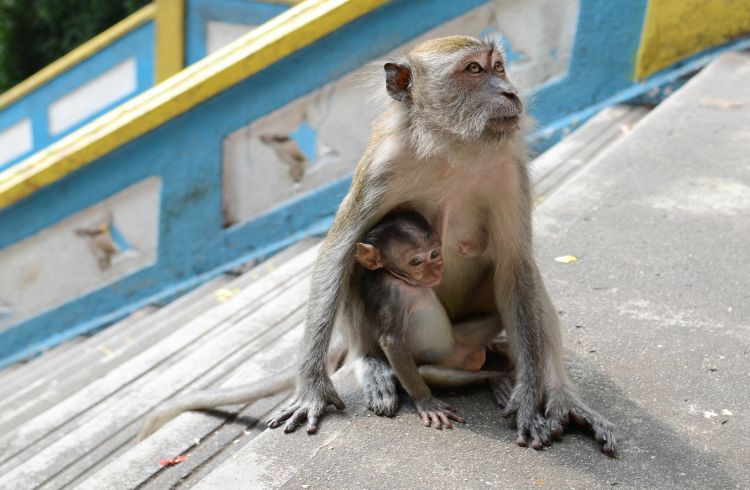How to Stay Healthy While Traveling Around Ethiopia
Ethiopia is a high-risk country for travelers when it comes to health and hygiene. Find out how to avoid getting sick with these tips.
 Photo © Getty Images/Mariusz Kluzniak
Photo © Getty Images/Mariusz Kluzniak
If you are planning to travel to Ethiopia, be prepared before arriving in the country. Remember: prevention is better than treatment.
Poor medical facilities and access to help in Ethiopia
The biggest health concern for anyone traveling in Ethiopia is the obvious lack of treatment or emergency health.
Even in the capital, Addis Ababa, medical facilities are very limited and generally inadequate.
Access to medical help gets even worse when you leave the capital city. This shortage of medical assistance is also an issue if there's an emergency situation. Ambulances and helicopters to take you to hospital can be unreliable and very expensive.
The best way to avoid requiring medical care is to do all you can to avoid getting sick.
Pack a travel first-aid kit with medications for pain, plus for common cold and flu, and antibiotics you can only get from home.
Don't leave home without travel insurance. We suggest you check your government’s travel advisory for their latest advice on travel to Ethiopia and read about which countries World Nomads travel insurance includes coverage for.
Mosquito-borne diseases in Ethiopia
Make sure you are vaccinated against yellow fever before going to Ethiopia. You will need to show proof of your vaccination when you enter the country if you have been to a place where it is present.
Prior to visiting, make sure you speak to a doctor about malaria medication and if it's right for you, and take medication as prescribed. Ethiopia is a high-risk location for malaria infection. You are at most risk below 6,500ft (2,000m) in elevation, and there is no risk in Addis Ababa.
If you are not on anti-malarial medication, cover up at dawn and dusk when mosquitoes are most active, when hiking in forested areas or near stagnant water, and ask if your accommodation has mosquito nets if you are staying in a location that doesn't have flyscreens on the windows.
Always carry insect repellent and give your room or tent a good spray each night before bed. Try to wear light-weight, long-sleeved clothing at all times to be extra cautious.
Altitude sickness in Ethiopia
Ethiopia is a very mountainous country, and high altitudes can cause health problems for even the fittest of travelers.
Altitude sickness can affect anyone, even trained athletes. Fitness only goes so far when you are climbing mountains.
Addis Ababa is the third-highest capital city in the world, at an altitude of 7,700ft (2,355m). Some travelers may experience shortness of breath, fatigue, nausea, headaches and an inability to sleep within the first few days of arriving. When you arrive, take it slow, drink lots of water, avoid exertion, take it easy carrying your backpack around. Give it a few days to acclimatize to the high altitude before you start getting active.
If you have respiratory problems (including asthma) or a heart condition, consult with a doctor before traveling to Ethiopia.
Water sanitation in Ethiopia
An important tip for all travelers is to avoid swimming in any lakes, rivers, or still bodies of water in Ethiopia. Most bodies of water here have been found to contain parasites.
Ethiopia also has outbreaks of acute diarrhea, and is one of the five leading causes of death in the country. The country also sees recurring cases of cholera, typhoid, and other bacterial diarrhea, and you should be aware the conditions for outbreaks exist in both urban and rural locations.
Food poisoning in Ethiopia
When it comes to eating, the number one rule is to boil it, cook it, peel it, or forget it – and this rule applies when traveling in Ethiopia.
Only eat food that has been well-cooked, fruit that can be peeled, and avoid menu items like salads. If you want to be really careful, you might even want to avoid eggs, yogurt or milk, or only eat vegetarian meals.
It's recommended you eat seafood with caution in Ethiopia due to Ciguatera fish poisoning. If you start to feel unwell within eight hours of eating, seek medical help as soon as possible.
Listen to The World Nomads Podcast: Ethiopia
Related articles
Simple and flexible travel insurance
You can buy at home or while traveling, and claim online from anywhere in the world. With 150+ adventure activities covered and 24/7 emergency assistance.
Get a quote


No Comments